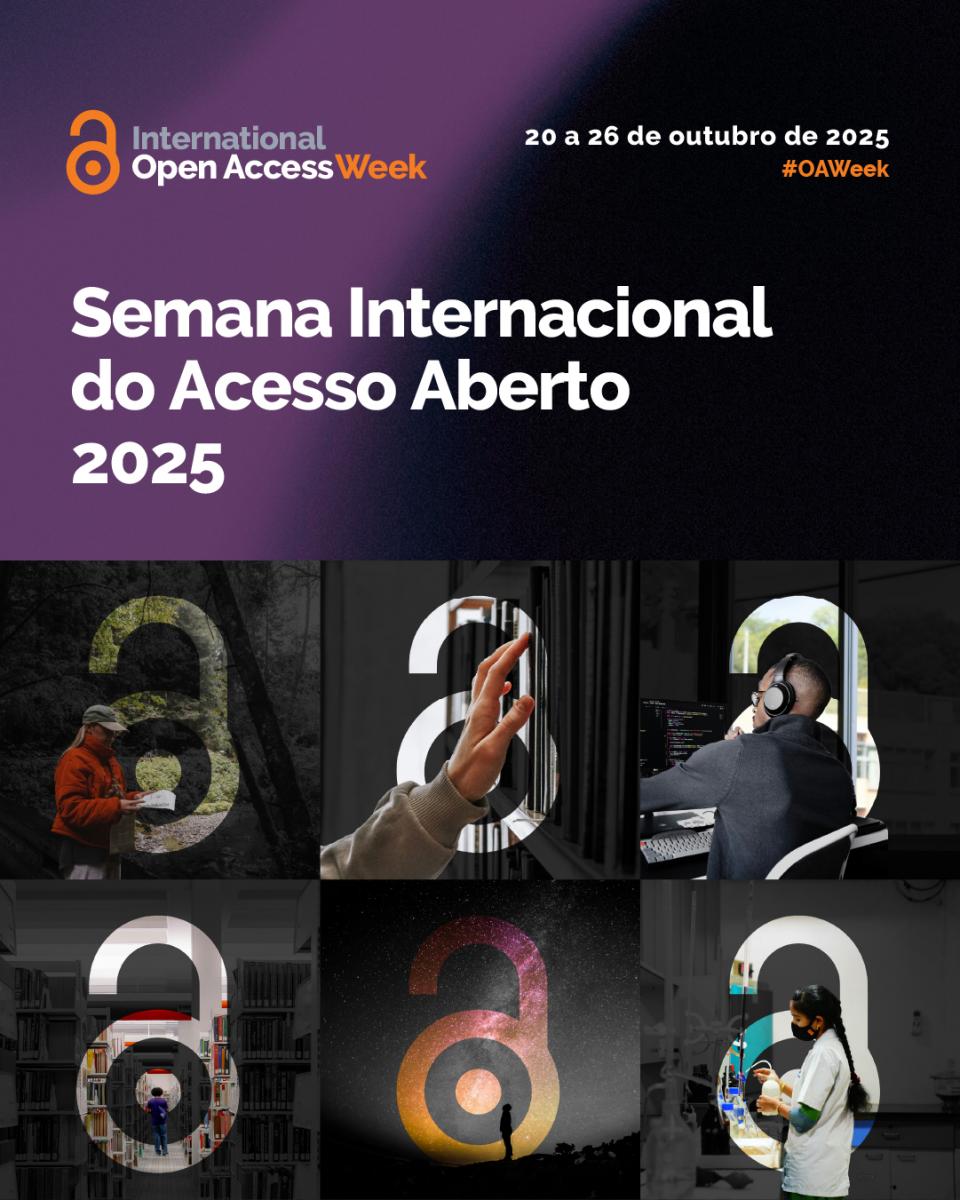Open Access: when knowledge is shared, science gains strength
De 20 a 26 de outubro assinala-se a Semana Internacional do Acesso Aberto 2025, uma iniciativa global que promove o acesso livre e responsável ao conhecimento científico. 
Coordinated by SPARC (Scholarly Publishing and Academic Resources Coalition), this year's edition has the theme “Who owns our knowledge?” and invites reflection on who produces, shares, and benefits from science, in addition to highlighting the importance of ensuring fair and transparent distribution of knowledge.
Created in 2007, Open Access Week has grown from an event known as “Free Access Day” to a global campaign focused on Open Science, data sharing, and the importance of infrastructures that ensure universal access to scientific information.
In Portugal, RCAAP (Portugal's Open Access Scientific Repository) coordinates national activities, encouraging universities, research centers, and libraries to promote good practices in openness and scientific collaboration.
MARE/ARNET reinforces its commitment to promoting open, transparent, and collaborative science, in which knowledge is a common good at the service of society and the sustainability of ecosystems.
CoastNet: open data to understand and protect the ocean
Among MARE's initiatives that embody the principles of Open Science is CoastNet (Portuguese Coastal Monitoring Network), a research infrastructure coordinated by MARE/ARNET and integrated into the National Roadmap for Research Infrastructures (RNIE).
The infrastructure provides satellite data and products for the Portuguese coast, physical-chemical and biological parameters for the Mondego, Tagus, and Mira estuaries, and historical data from completed research projects, in an open, free, and accessible manner.
Through the CoastNet geoportal, researchers, technicians, and citizens can view and download near real-time data on temperature, salinity, dissolved oxygen, turbidity, and other environmental variables, as well as information from the Portuguese Tracking Network (PTN), such as the location of acoustic receiver networks that record the movements of tagged marine species.
“By openly providing continuous data on coastal ecosystems, CoastNet breaks down barriers to access to scientific information and reinforces its commitment to more open, transparent, and collaborative science,” says Susana França, MARE/ARNET researcher and member of the CoastNet coordinating team.
By integrating in situ measurements, satellite data, and historical series, CoastNet promotes collaborative, transparent, and interoperable coastal monitoring, aligned with FAIR (Findable, Accessible, Interoperable, Reusable) principles and the recommendations of UNESCO and the European Open Science Agenda.
Follow CoastNet on its official website, Facebook account, and now also on LinkedIn, where the latest updates on coastal monitoring, open science, and marine data are shared.
Text by Vera Sequeira
